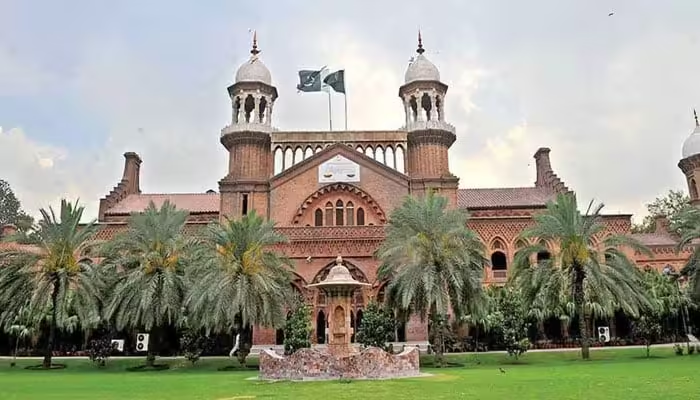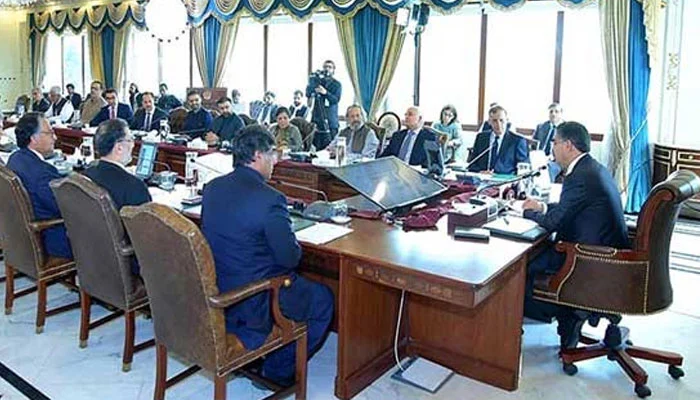According to a report by the Asian Development Bank (ADB), Pakistan’s economy could see some stability with the upcoming fiscal year elections. However, concerns about rising inflation persist, and the elections are expected to have a significant impact on the country’s economic outlook. The report anticipates a growth rate of 1.9% during the fiscal year 2024, contingent on necessary reforms within government-owned entities.
Pakistan’s economy has faced a series of challenges in recent years, including political instability and natural disasters like floods. These factors have contributed to inflationary pressures and a slowdown in economic growth. As a result, economic confidence has been wavering, and citizens have been grappling with the increasing cost of living.
The ADB report highlights that one of the key factors affecting Pakistan’s economic performance in the near term is the upcoming fiscal year elections. Elections can often introduce uncertainty and affect economic decision-making. Political parties may prioritize short-term measures to win favor with voters, potentially neglecting long-term economic reforms.
To mitigate the impact of political uncertainty, the report suggests that Pakistan needs to continue engaging with international financial institutions and foreign donors. By maintaining a strong partnership with these stakeholders, Pakistan can access financial support and expertise to navigate its economic challenges.
In addition to political uncertainties, Pakistan must address the issue of inflation. Rising prices have eroded the purchasing power of citizens, making it essential for the government to implement measures to control inflation. Effective monetary and fiscal policies, coupled with structural reforms, are necessary to curb inflationary pressures.
Furthermore, the ADB emphasizes the importance of reforms within government-owned entities. These institutions play a crucial role in the economy, and their efficiency and transparency are essential for sustainable economic growth. By implementing reforms and improving governance within these entities, Pakistan can enhance its economic stability.
The report underscores that Pakistan’s journey towards economic stability and growth will require concerted efforts and a commitment to reforms. While the upcoming elections may introduce short-term uncertainties, it is essential for policymakers to prioritize long-term economic sustainability. Engaging with international partners and addressing inflation are key steps in achieving these goals. Pakistan faces economic challenges as it approaches the fiscal year elections. While the elections may introduce political uncertainty, they also present an opportunity for the government to prioritize economic reforms and address inflation. By taking proactive measures and engaging with international partners, Pakistan can work towards achieving stability and sustained economic growth in the years ahead.



